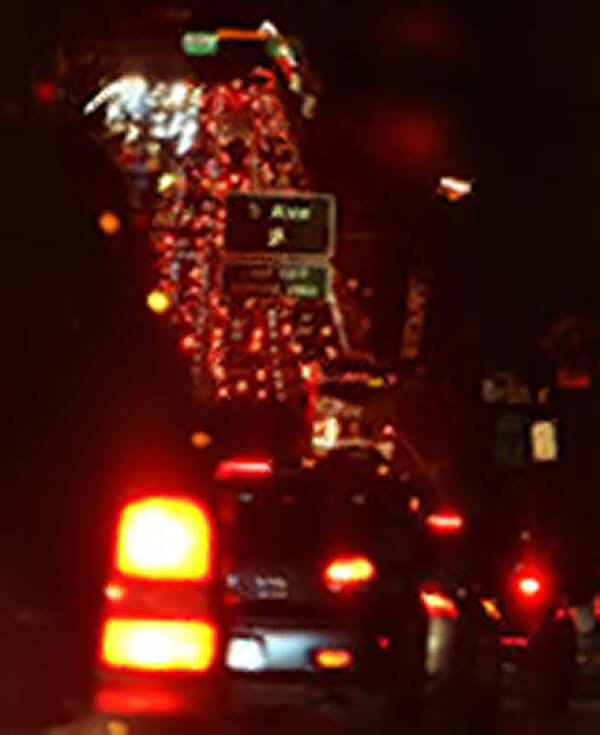By Mark Hallum
Cashless tolling will be coming to city bridges and tunnels by the end of 2017, Gov. Andrew Cuomo announced. New initiative by the governor’s office allows E-ZPasses to be scanned without the driver having to slow down, and those who don’t get their license plate scanned are billed by mail.
But an anonymous source involved in toll collection for the state since 1994 believes the open road approach to payment is untested and will result in lost revenue from licences plates from states with non-reciprocity policies as well as plates that are hidden by traffic congestion and large vehicles.
According to the Cuomo’s office, the new system will operate off state-of-the-art sensors and cameras, which will be suspended above the roadways on gantries, steel structures above the road on which equipment is mounted.
E-ZPass tags on windshields will be scanned along with the license plates. Those without an E-ZPass are billed at the address their car is registered to and charged the regular rate.
“These improvements will enhance traffic flow, reduce congestion, and decrease commute times, making it safer for New Yorkers to get where they need to go,” said Thomas Prendergast, MTA CEO.
“The accelerated schedule we are undertaking to modernize all of our facilities in 2017 underscores the governor’s commitment to investing in New York’s transportation network to meet the needs of a growing city.”
The new system was tested by the MTA on the Henry Hudson Parkway, on the west side of Manhattan. But this test has not prepared the MTA for issues which will arise from unviewable license plates since 18-wheelers are prohibited on that old thoroughfare, the source said.
Not only will the bad driving conditions prevent license plates from being detected, but the origins of the license plate can affect the state’s ability to collect fares.
Drivers from states, such as Connecticut, with non-reciprocity policies can simply ignore any bill that comes in the mail and receive no penalties.
A spokesman from the MTA said Cuomo’s office has decided to move forward with the initiative after the continued success of the pilot program on the Henry Hudson Parkway since it began in 2012.
But a $50 violation makes up for any loss in revenue from those not paying their toll, according to the MTA spokesman, who said there was no loss in revenue during the pilot program.
The state has an agreement with DMVs from all 50 states, however, to hold drivers accountable for paying tolls relating to cashless checkpoints, according to the MTA.
“Open road tolling streamlines commutes, reduces inconvenience, and along with bolstered security measures and new LED lighting and art, reimagines New York’s crossings as part of our infrastructure overhaul to meet the needs of current and future generations of New Yorkers,” Cuomo said. “This project is a transformative investment in our future that revolutionizes statewide transportation and helps us build a new New York.”
The agency contracted to provide hardware to all MTA tolling facilities is TransCore, a job they acquired without having to go through the bidding process, the source said.
In the world of the MTA, according to the source, getting a contract without putting in a competitive bid is unheard of.TransCore won the system integration, installation, deployment and maintenance on a non-compete bid, the source said.
But the MTA contends that a competitive request for proposal for the Henry Hudson Parkway pilot was awarded to TransCore and included the ability of MTA Bridges and Tunnels to expand the program to other facilities.
Open road tolling will become available at the Queens Midtown Tunnel in January, Rockaway Bridges in Spring, RFK Bridge in and the Bronx-Whitestone Bridge in fall of 2017.
Reach reporter Mark Hallum by e-mail at mhall
































